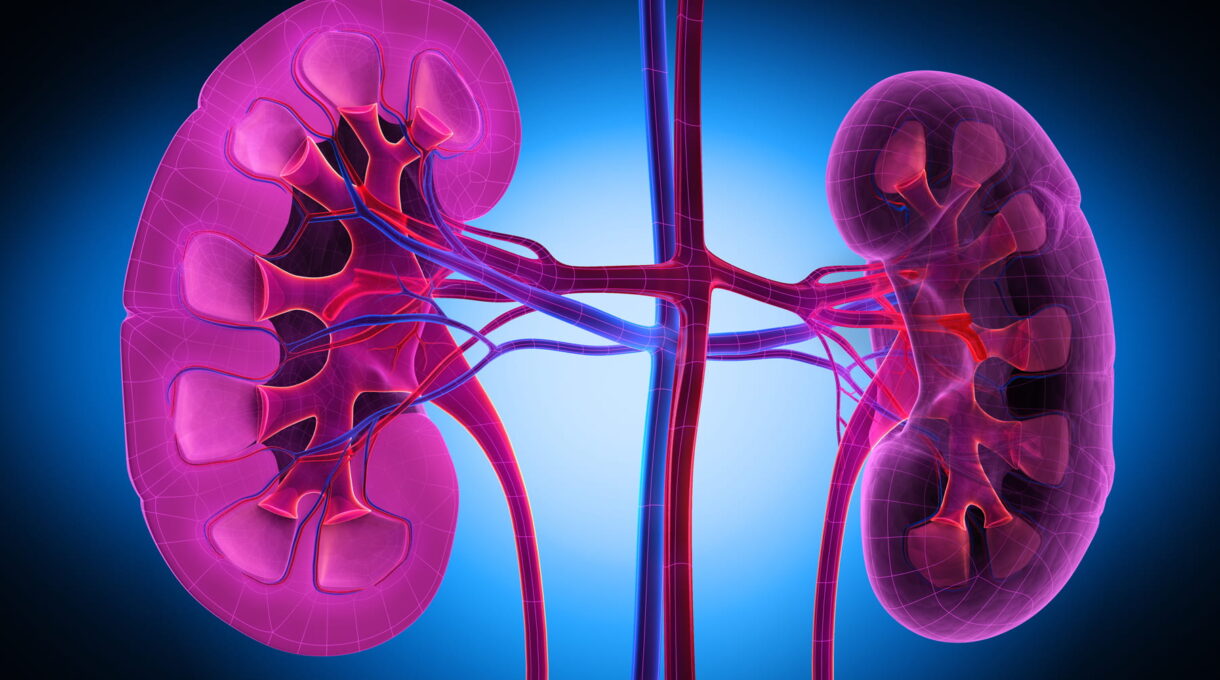The treatment of kidney disease depends on the underlying cause and the stage of the disease. Some common treatments for kidney disease include:
- Medications: Medications are often used to control blood pressure, manage diabetes, and reduce inflammation. They can also be used to treat underlying conditions that may be contributing to kidney disease.
- Dialysis: Dialysis is a treatment that involves using a machine to filter waste and excess fluid from the blood. It is often used for people with end-stage kidney disease.
- Kidney transplant: A kidney transplant is a surgical procedure where a healthy kidney from a donor is transplanted into a person with kidney failure. It is often the most effective treatment for end-stage kidney disease.
- Lifestyle changes: Making changes to your diet, getting regular exercise, and quitting smoking can all help improve kidney function and slow the progression of kidney disease.
In terms of development, researchers are continually exploring new treatments for kidney disease. Some of the areas of research include:
- Stem cell therapy: Researchers are exploring the use of stem cells to repair damaged kidney tissue and improve kidney function.
- Gene therapy: Gene therapy involves modifying a person’s genes to treat or prevent disease. Researchers are exploring the use of gene therapy to treat inherited forms of kidney disease.
- Artificial kidneys: Researchers are working on developing artificial kidneys that can perform the same function as natural kidneys. This could potentially eliminate the need for dialysis or kidney transplantation.
- Immunotherapy: Immunotherapy involves using medications to boost the immune system’s ability to fight disease. Researchers are exploring the use of immunotherapy to treat certain forms of kidney disease.
